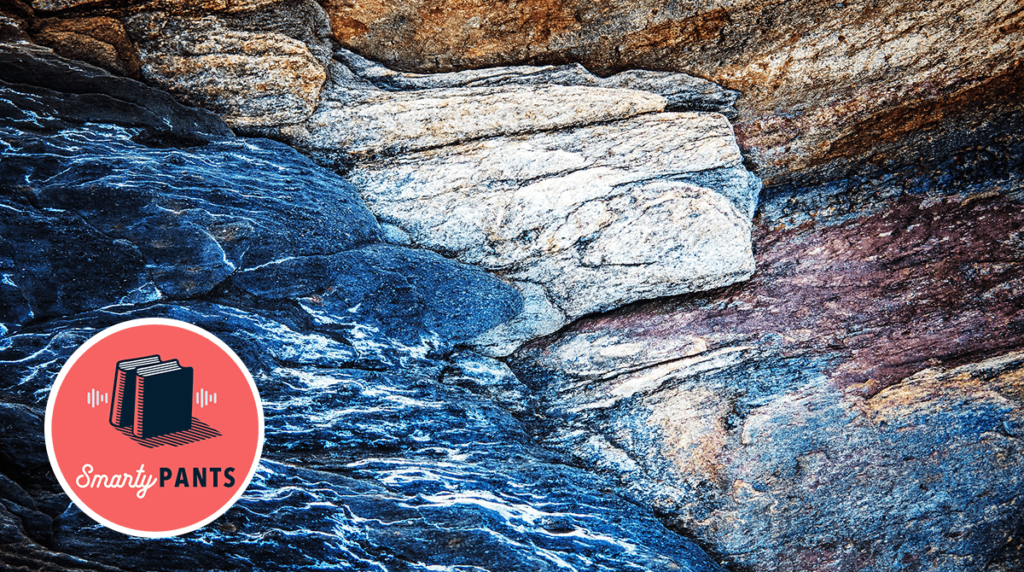Studying Stones
What rocks reveal about the stories we’ve lost and the stories we tell

Twenty-five years ago, anthropologist Hugh Raffles’s two sisters died suddenly within weeks of each other. “Soon after,” he writes in his new book, “I started reaching for rocks, stones, and other seemingly solid objects as anchors in a world unmoored, ways to make sense of these events through stories far larger than my own, stories that started in the most fundamental and speculative histories—geological, archaeological, histories before history.” The Book of Unconformities is his meditation on the unlikely human stories unearthed in some of the oldest things in the earth—Manhattan marble, the Cape York meteorite, Icelandic lava, petrified whale blubber—and the questions they raise about the very nature of anthropology and memory itself.
Go beyond the episode:
- Hugh Raffles’s The Book of Unconformities
- Starting in the 9th century CE, Chinese philosophers began to study and collect gongshi, or scholars’ rocks
- Behold the standing stones of Callanish
- The Cape York meteorite is still part of the collection of the American Museum of Natural History
- Outside Svalbard, a 17th-century whaling station became a crucible for processing whales—and the remnants of that isolated society are preserved in the solidified blubber on its shores
- And read Neil Shea’s Letter from the Barents Sea, in which he traveled through the Svalbard archipelago in polar night
Tune in every week to catch interviews with the liveliest voices from literature, the arts, sciences, history, and public affairs; reports on cutting-edge works in progress; long-form narratives; and compelling excerpts from new books. Hosted by Stephanie Bastek.
Subscribe: iTunes • Feedburner • Stitcher • Google Play • Acast
Download the audio here (right click to “save link as …”)
Have suggestions for projects you’d like us to catch up on, or writers you want to hear from? Send us a note: podcast [at] theamericanscholar [dot] org. And rate us on iTunes!


